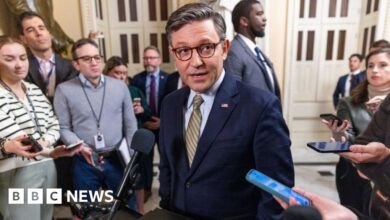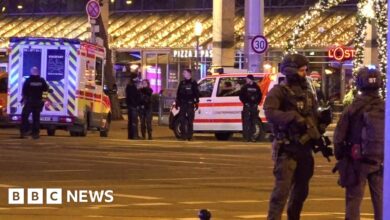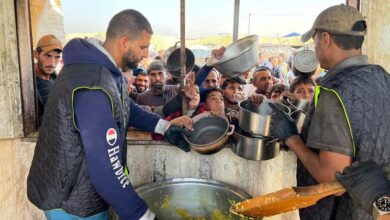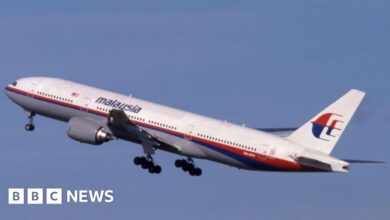Security and economic woes are plaguing West Africa as crucial elections loom
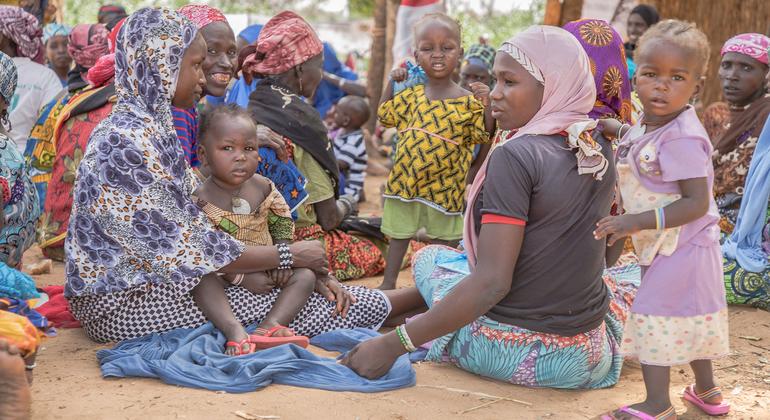

Leonardo Santos Simaohighlights the upcoming presidential elections in Côte d’Ivoire and Guinea-Bissau, as well as the adoption of constitutional reforms amid a tense political environment in The Gambia.
He also praised the recent successful elections in Ghana and Senegal, noting the signing of the “Peace Treaty” by all presidential candidates in Ghana and the smooth transfer of power following the concessions. orderly set of political opponents.
In Senegal, he added, election observation missions have emphasized the transparency of the process and the trust of political parties in national institutions.
“These two elections demonstrate democratic progress in the region”, Mr. Simão said.
Challenges remain
However, several countries in the region – including Ghana and Senegal – continue to face significant economic challenges.
“They will need support to manage rising debt and implement projects that protect livelihoods, otherwise their democratic achievements may not meet the expectations of the people, especially women and youth.”, Mr. Simão warned.
He also called for efforts to prioritize preventive diplomacy and dialogue in the region, stressing that he remains focused on promoting mutual understanding and encouraging common ground with all stakeholders. .
“While the positive results of these engagements have been gradual, there are promising signs of growing cooperation. on practical, people-centered solutions to the region’s security, governance, humanitarian and socio-economic challenges,” he added.
Increased security threats
Insecurity remains the most pressing concern as terrorist groups become increasingly aggressive and use sophisticated weapons, including drones. Recent attacks in the Central Sahel have claimed many lives, affecting both civilians and security personnel.
Beyond the Sahel, violent extremism and organized crime have begun to spread to Gulf of Guinea countries, such as Benin and Togo, threatening to further destabilize the region.
The decommissioning of the G5-Sahel Joint Force and the restructuring of the Accra Initiative, Simão said, highlight the urgent need to restore regional security mechanisms.
He called for increased support for the Multinational Joint Task Force (MNJTF), the only operational security platform in the Lake Chad basin, are fighting against increasingly well-equipped terrorist groups.
The humanitarian crisis is deepening
The humanitarian situation in the region remains challenging.
Chad, which hosts two million refugees and internally displaced persons (IDPs) – including those fleeing violence in Sudan – is grappling with the dual challenges of displacement and severe flooding.
In Burkina Faso, Mali, Niger and Nigeria, escalating violence has displaced millionswhile underfunded humanitarian appeals leave many vulnerable.
“I call on partners to contribute to the humanitarian appeal, which remains less than 50% funded,” Mr. Simão said.
Withdraw funds from ECOWAS
He also informed Council members of the Economic Community of West African States (ECOWAS) Summit last week, where leaders noted Burkina Faso, Mali and Niger’s decision to withdraw from the bloc.
While formal withdrawal procedures are expected to begin at the end of January 2025, ECOWAS leaders have also extended a six-month deadline for dialogue, in case re-engagement is possible.

